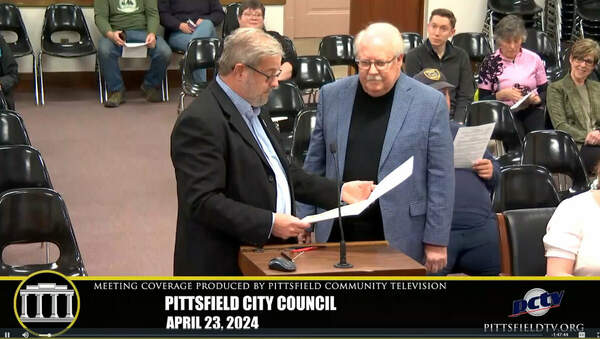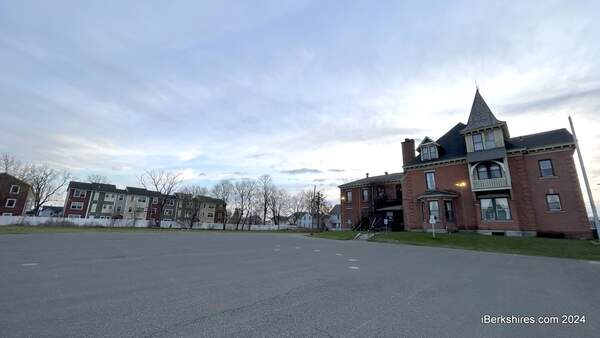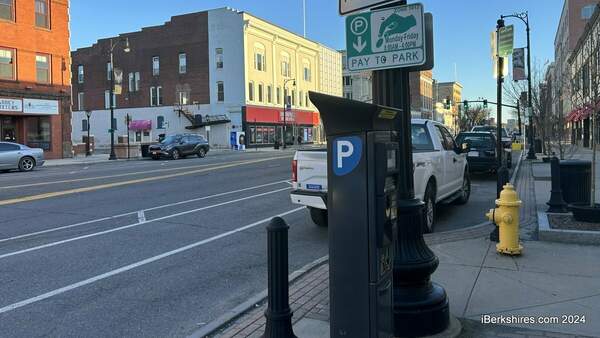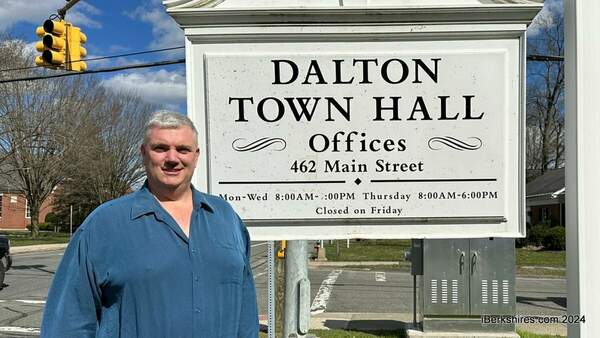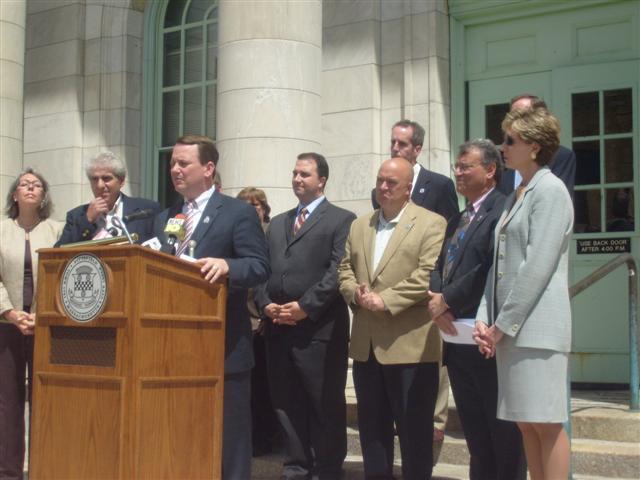
Pittsfield Cinema Project Wins Grant; Training Funds Awarded
 |
In his second trip to Pittsfield in less than a month, Lt. Gov. Timothy Murray brought the windfall for SABIC Enterprises, Hancock Shaker Village and the proposed Beacon Cinema Project.
As former mayor of Worcester, Murray listens to what his fellow municipal leaders say and bring those recommendations back to Boston, said Mayor James M. Ruberto on Friday afternoon. "This lieutenant governor really understands the importance of revitalizing downtown and what a vibrant downtown means to economic development."
Murray had just spent two hours with the Municipal Affairs Coordinating Cabinet, which met in City Hall on one of its last stops on a tour across the state this spring. The cabinet, made up of six agency heads for purchasing, capital asset management, human resources, information, civil service and group insurance, was established last year by the Patrick-Murray administration to foster better communication between the state and its municipalities.
"These are difficult economic times for cities and the state," said Murray. "We have to work together to find ways to partner with the business and nonprofit community to expand the tax base."
One of those areas is the burgeoning creative economy, he said, which made it even more important to provide tools to cities and towns improve that sector.
Standing on the steps of City Hall with the mayor, city leaders, Labor Secretary Suzanne Bump, members of the Berkshire Delegation and business representatives, Murray announced that the long-gestating Beacon Cinema Project would receive a $825,000 Massachusetts Opportunity Relocation And Expansion (MORE) Jobs grant.
The grants are designed to support investment and job creation. The six-cinema, retail, office and restaurant space in the historic Kinnell-Kresge building is expected to create 46 jobs with an additional 60 or more jobs potentially being created from the additional business growth. This is one of 20 grants that will be awarded in this second round of the MORE Jobs program.
"It will assist in restoring the beautiful facade that you can't miss if go down North Street, said Murray. "This is something that you want to maintain and preserve."
Community Development Director Deanna Ruffer said the funds will help pay down a bridge loan provided to the $13-million project in part through the GE Economic Development Fund and a consortium of local banks. The cinema has received $2.1 million from the GE Fund as low-cost loans, a show of faith in the project by city leaders.
"The level of cooperation between the city, the state, the private sector and individuals on their own account is something I've never seen in any project I've been associated with," said Stanley.
he said he appreciated state leaders for recognizing the importance of the project for the overall Pittsfield economy and reiterated his stance of "how important that element really is in trying to attract new jobs to the area."
SABIC Innovative Plastics will receive $663,000, one of the Workforce Training Fund's larger awards, to train 195 mid-career and experienced career level employees in leadership, performance, financial management and communications. Hancock Shaker Village will receive $10,784 to train 13 sales associates in basic, intermediate and advanced software and computer technology.
The Workforce Training Fund, administered by the Department of Workforce Development, under the Executive Office of Labor and Workforce Development, provides business and labor organizations with matching grants of up to $250,000 or more in certain cases to finance training of current.
Hancock President and CEO Director Ellen Spear said she was pleased to hear how important preservation and cultural venues were ranked by the state as economic drivers; newly named SABIC President and CEO Charles Crew said the company appreciates the "tremendous" support of the state in continuing its commitment to its employees.
"The work force training funds exist so employers can bring up the skill levels of their workers so they can remain competitive in this very competitive environment," said Bump, noting both the historical and economic importance of both employers to the area.

